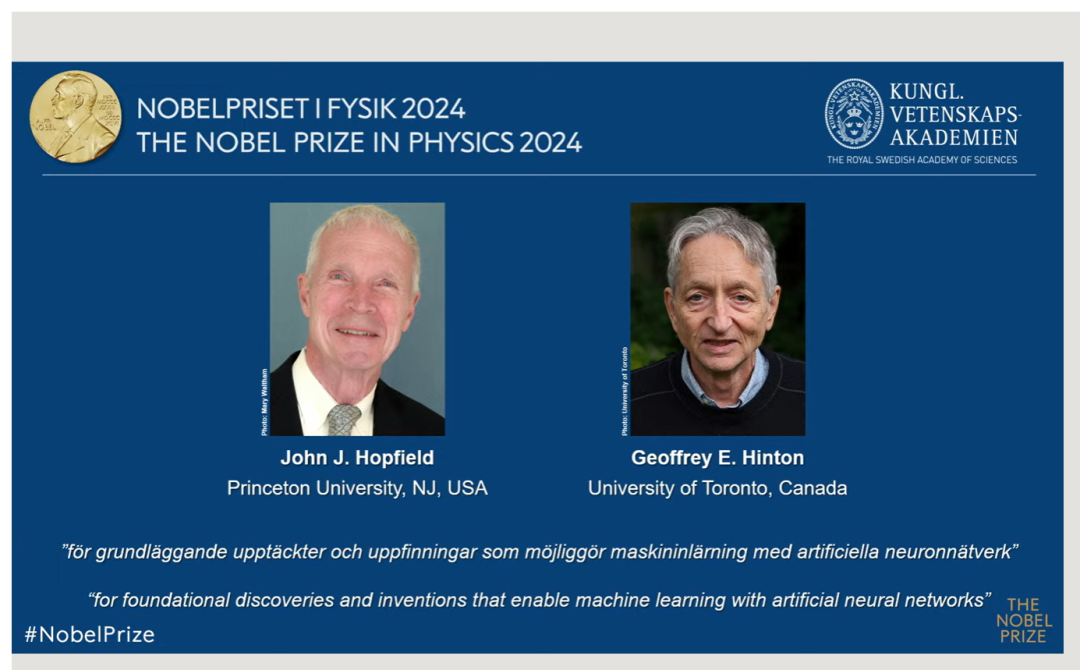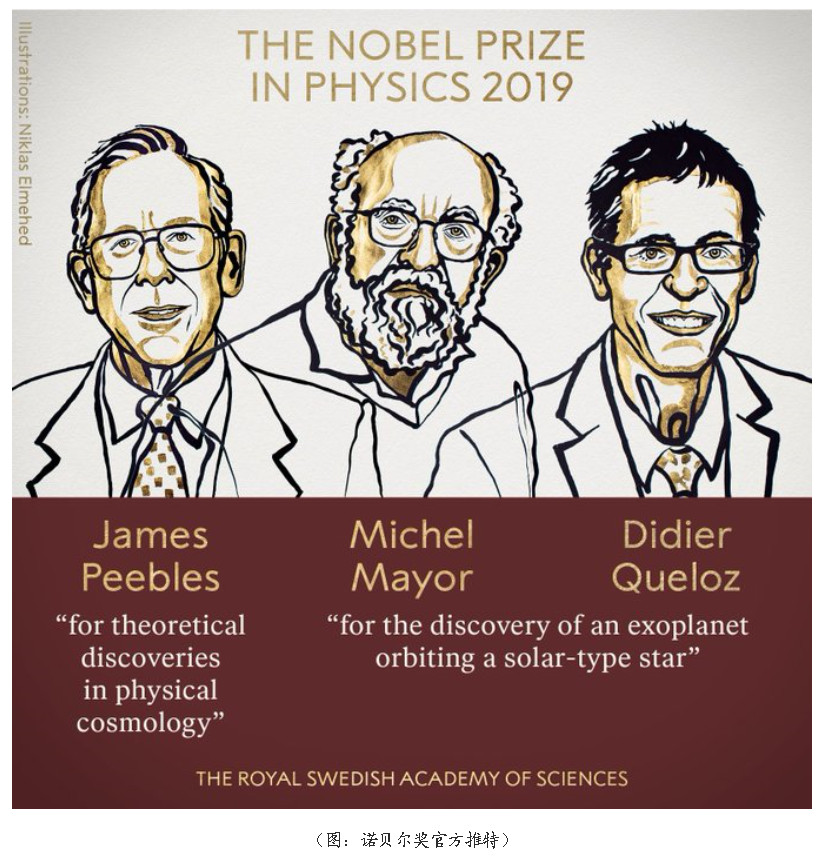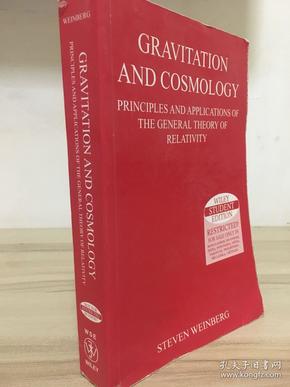摘要:,,The Journey to Win the Nobel Prize in Physics highlights an individual's remarkable journey towards achieving the pinnacle of scientific recognition. It entails the perseverance, dedication, and innovation that lead to a groundbreaking discovery in the field of physics. This journey is a testament to the power of knowledge, passion, and hard work that inspire future generations to pursue their dreams in science.
The Nobel Prize in Physics is one of the most prestigious and highly regarded awards in the world of science. It is awarded to those who have made remarkable contributions and discoveries in the field of physics, and it serves as a testament to their dedication, perseverance, and innovation.
The journey to win the Nobel Prize in Physics begins with a deep passion for understanding the fundamental laws of nature. It involves years of dedication, perseverance, and a constant quest for knowledge. The road is fraught with challenges and obstacles, but for those who are determined, it is a path that leads to the pinnacle of scientific achievement.
One of the most significant aspects of winning the Nobel Prize in Physics is making a discovery that is novel and significant. This could be anything from the fundamental laws of physics to new technologies that have revolutionized our understanding of the universe. The discovery must be verified and supported by rigorous scientific methods, and it must have a significant impact on the field of physics or on society as a whole.
To win the Nobel Prize in Physics, researchers must possess exceptional skills in experimental design, theoretical physics, and analytical thinking. They must be able to devise innovative experiments that can test their hypotheses and provide reliable results. They must also be able to interpret these results and understand their implications for the field of physics and for society.
The road to winning the Nobel Prize in Physics often involves collaboration with other scientists. This collaboration allows researchers to share ideas, techniques, and resources, which can lead to faster progress and more significant discoveries. Collaboration also helps to build a strong scientific community that supports and encourages innovation and discovery.
Another crucial aspect of winning the Nobel Prize in Physics is the ability to communicate effectively with the scientific community and the general public. Scientists who win this award must be able to present their research in a clear and understandable manner, so that others can understand their work and build on it. They must also be able to communicate the importance of their discoveries to the general public, which helps to raise awareness and support for science.
The Nobel Prize in Physics is often seen as the pinnacle of scientific achievement in the field of physics. However, it is important to note that winning this award is not the end of the journey. After winning the Nobel Prize, scientists are often faced with new challenges and opportunities to continue making significant contributions to the field of physics and to society.
In conclusion, winning the Nobel Prize in Physics is a remarkable achievement that requires dedication, perseverance, innovation, and communication skills. It is a testament to the dedication of scientists who are committed to understanding the fundamental laws of nature and making significant contributions to society. As we continue to explore the universe and make new discoveries, we can expect that the journey to win the Nobel Prize in Physics will continue to inspire and motivate scientists around the world.




 京公网安备11000000000001号
京公网安备11000000000001号 京ICP备11000001号
京ICP备11000001号